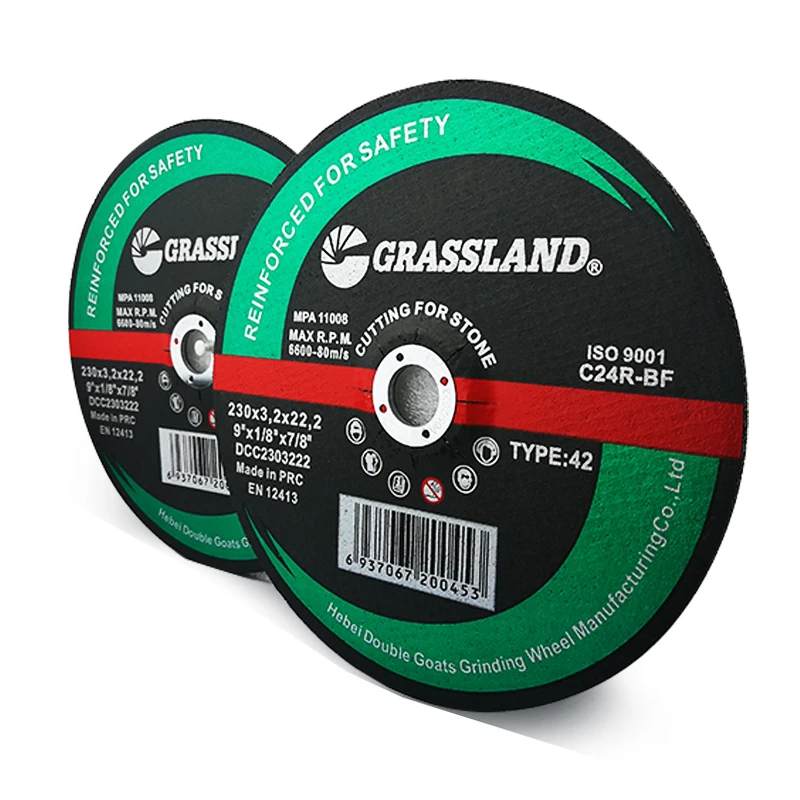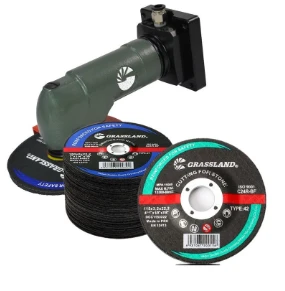

Safety is paramount when dealing with grinding wheels. Their operation involves high-speed rotations that can pose significant hazards if not handled properly. Ensuring the correct mounting of the wheel and adherence to regulated speed limits are fundamental practices for safe operation. It is crucial for operators to wear protective gear, thus safeguarding against potential shards or dust exposure. Regular inspections for cracks or damages should be mandatory, ensuring that maintenance protocols are diligently followed to prevent operational mishaps. In educational and training settings, grinding wheels serve as crucial teaching tools, introducing students and apprentices to practical aspects of machining and material removal processes. Through hands-on experience, learners gain invaluable insights into selecting the correct wheel type, mastering the balance between speed and precision, and understanding essential safety practices. This cultivation of skills transforms them into adept professionals capable of making informed decisions about tool usage in their respective fields. Investing in quality grinding wheels and understanding the specifics of each application can substantially impact the longevity and efficacy of industrial tools. A well-chosen wheel reduces waste, minimizes wear on machinery, and elevates production standards. As industries continue to evolve, so too will the important applications of grinding wheels, ensuring they remain at the forefront of innovation in material finishing and shaping processes.
Post time:Jan - 13 - 2025

















